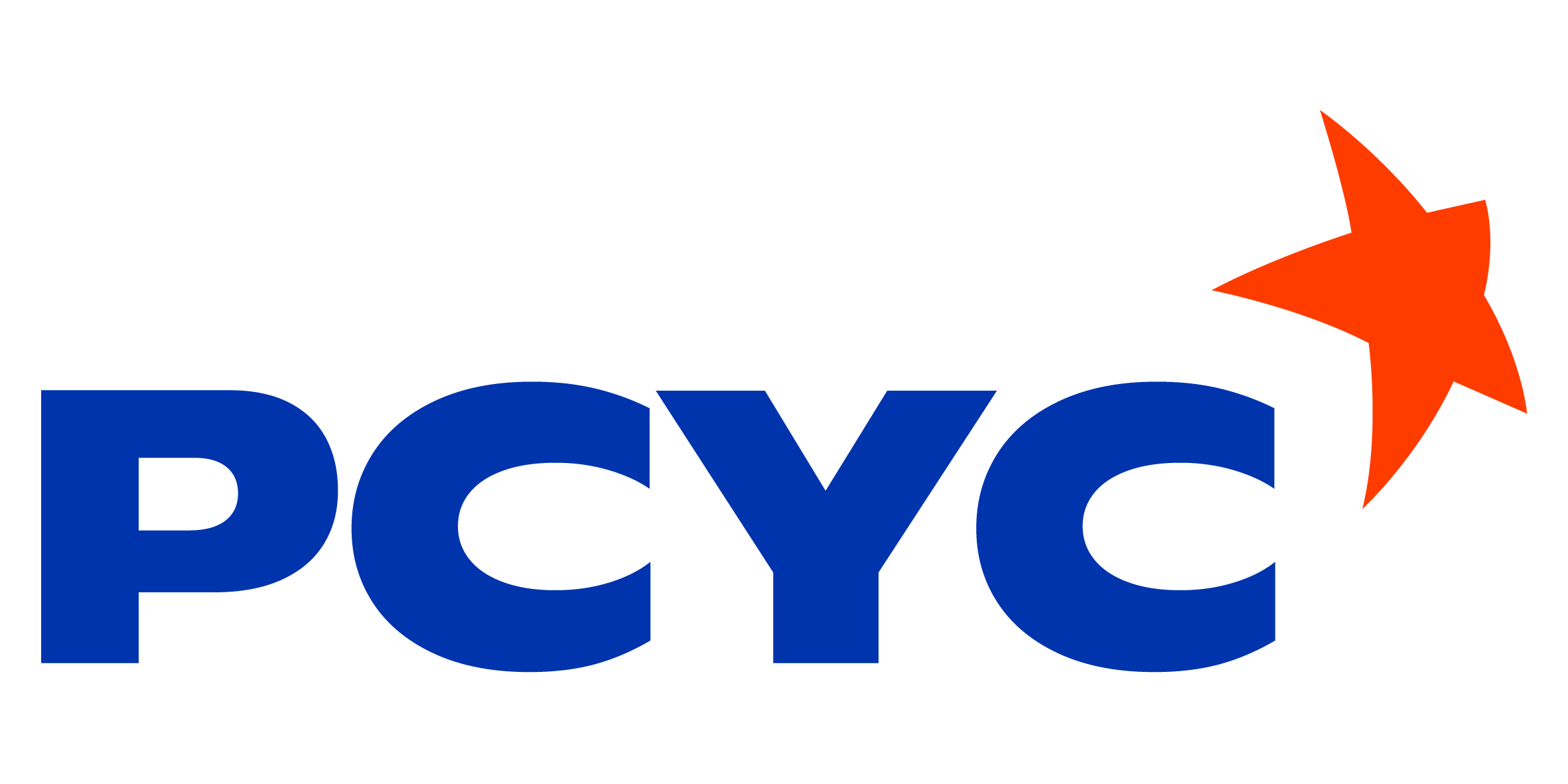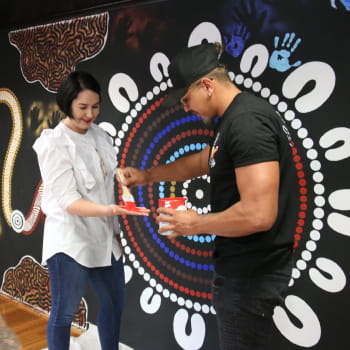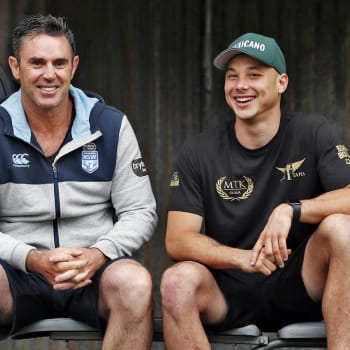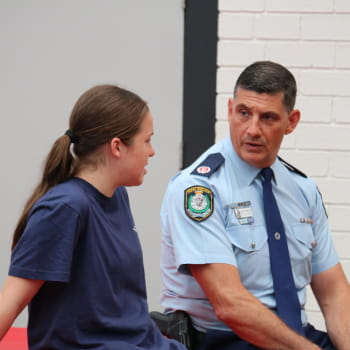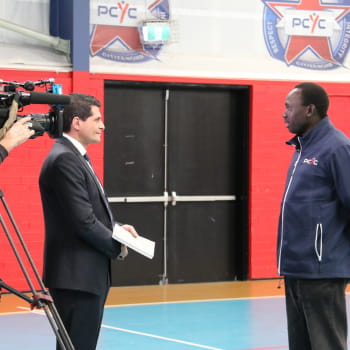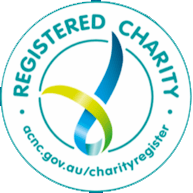
Mental health is a growing problem for young Australians. Never before have so many teenagers experienced anxiety, stress, depression and other mental health challenges, but prevention is always better than the cure.
PCYC NSW’s new GRIT (Growth-mindset resilience Intervention for Teenagers) program operates in the prevention and health promotion space. It focuses on building physical well-being and nutrition, with emotional and social intelligence.
What is mental resilience?
When we talk about resilience, we’re talking about a young person's ability to cope with the ups and downs of life. Young people who are able to bounce back from the challenges they experience in their lives – such as changing schools, watching parents deal with the effects of prolonged drought, or the all too real challenge of the uncertainty of a global pandemic.
Building mental resilience helps young people to deal with difficulties that are a part of everyday life, it also helps them develop the basic skills and habits to deal with challenges later in life as they move into adulthood.
Young people with greater resilience are better able to manage the stress that is a common response to difficult events. Stress is a risk factor for mental health conditions such as anxiety and depression.
WHAT IS GRIT?
The GRIT (Growth-mindset Resilience Intervention for Teenagers) program is an innovative and contemporary 10-week program. GRIT incorporates evidenced based strategies aimed at introducing young people with the skills to cultivate emotional intelligence and resilience to respond with calm and choice to the moments that unfold in their lives. Experienced PCYC GRIT facilitators will guide teens in a safe and inclusive environment through fun physical exercise, creative arts and experiential learning activities to discover:
Growth Mind Set – Embracing challenges and seeing failure as an opportunity in a safe inclusive environment.
Nutritional Learning and Food Adventurism – how all nutrients play a role in brain health and function and how following a healthy pattern of eating is linked with better stress management, improved sleep quality, increased concentration, and better moods and mental wellbeing in general.
Gratitude - positive psychology research indicates that gratitude is strongly and consistently associated with greater happiness. Gratitude helps people feel more positive emotions, relish good experiences, improve their health, deal with adversity, and build strong relationships
‘Response-Ability’ - how to become more aware of their thoughts, feelings, and body sensations so that instead of being overwhelmed by them, they are better able to manage them.
Resilience Building - confidence, connection, character, contribution, coping and choice, so that they may reach their full potential.
Positive Social Connections – the power of positive relationships and its effect on wellbeing.
Development of a Self- Care Plan - a post program pathway to self-care.
GRIT Wellness Journal – the power of self- reflection and positive affirmation.
PCYC NSW is currently running a community peer-to-peer fundraiser, the PCYC StarJump Challenge, to raise vital funds to take the GRIT program to all our 66 clubs across NSW. We are also developing a GRIT app, so young people in need of GRIT training will have access to resilience skills in their back pocket.
If you're interested in supporting, all you need to do is commit to doing star jumps every day this Youth Week 2022 (April 3-10) and get sponsored by your friends and family to raise money for youth mental wellbeing, and help us reach even more young people across the State. How many star jumps you do is up to you!
To read more and take part in the PCYC StarJump Challenge 2022, click here.
Read Also:
